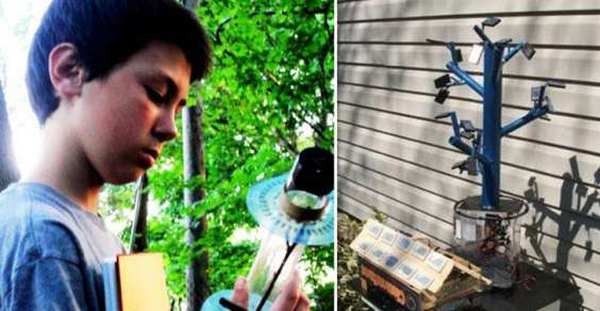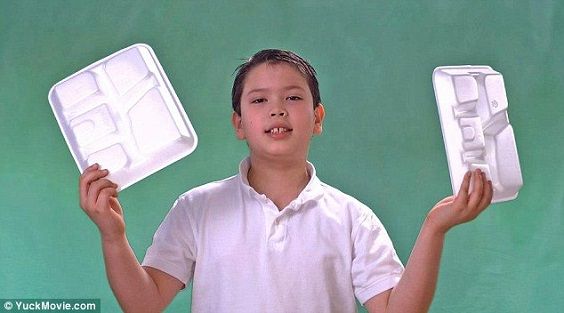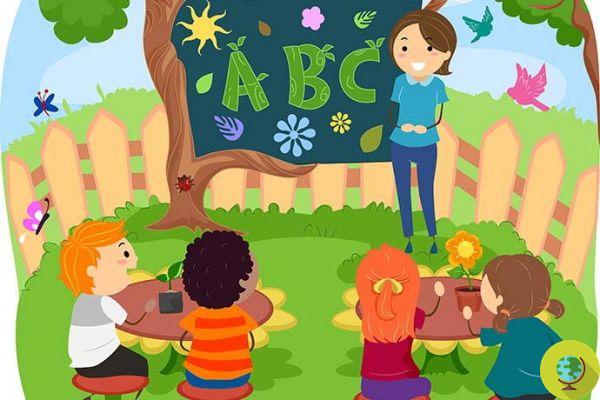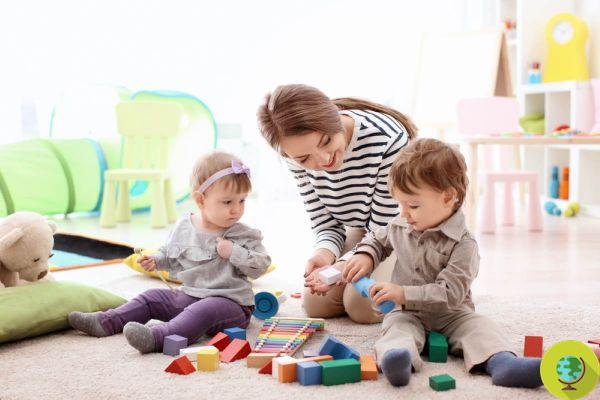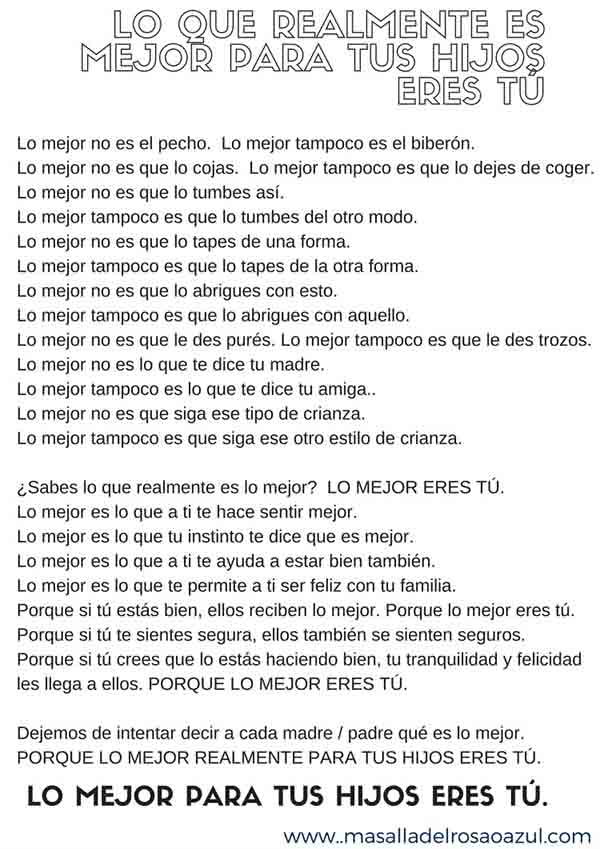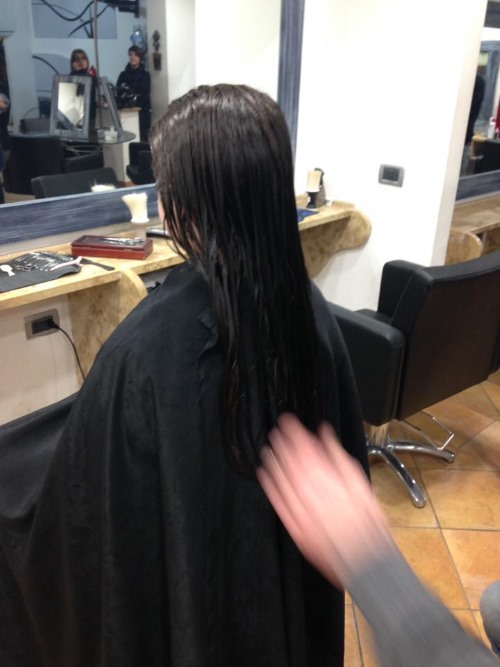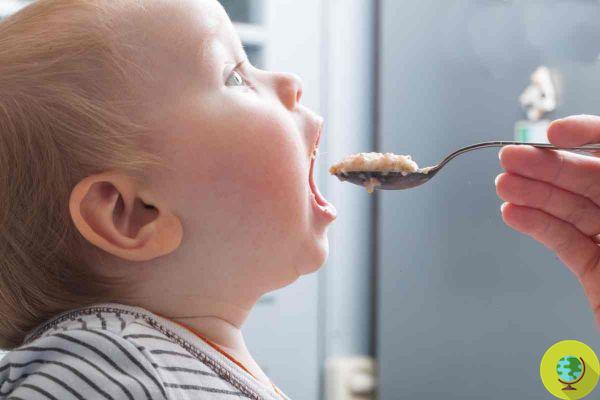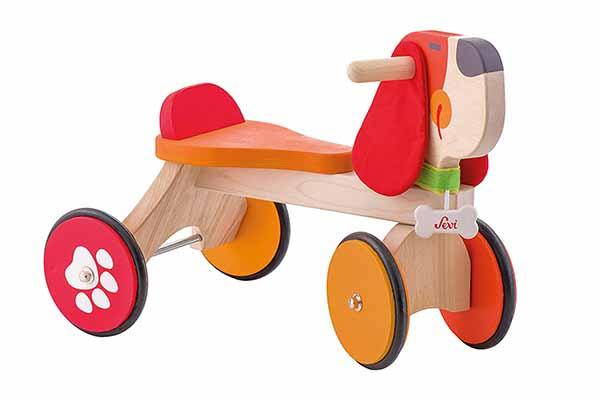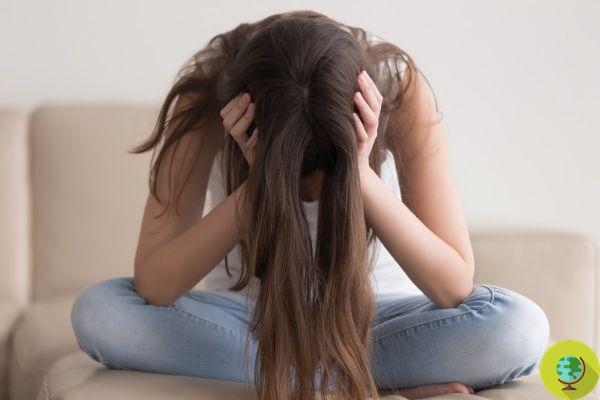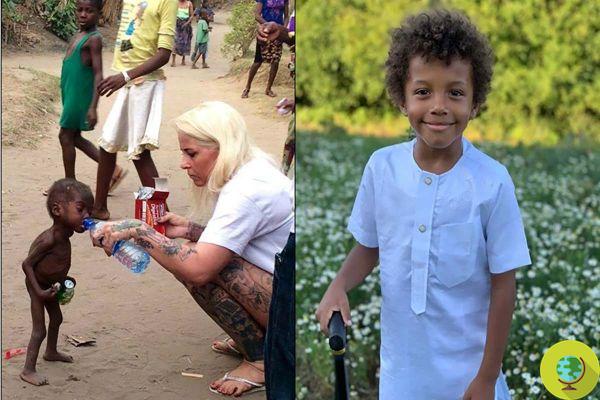
Bedwetting, bedwetting, causes and how to intervene. Why do some children pee in bed and how can parents intervene? In the case of children's bedwetting we speak specifically of nocturnal enuresis. This problem does not always have to become a cause of great concern for parents.
Don't store avocado like this: it's dangerous
Why do some children pee in bed and how can parents intervene? In the case of the pee in bed we speak specifically of nocturnal enuresis. This problem does not always have to become a cause of great concern for parents.
In fact, bedwetting may simply be part of the baby's normal development and disappear spontaneously after a short period of time. Let's find out what are the main symptoms of enuresis, what are its causes and some tips to intervene in the right way.
Index
Symptoms of enuresis
Bedwetting is ainvoluntary passing of urine during sleep. Many children get used to being without a diaper by the age of 5 and are able to not wet the bed during the night, but not for everyone. For some children, bedwetting still remains a problem between the ages of 5 and 7. Sometimes bedwetting it continues even after the age of 7.
We talk about bedwetting when the child wets the bed during the night at least twice a week for 2 consecutive months. Most children overcome bedwetting as they grow older and in a short time, but more difficult cases can arise. In fact, in some situations, bedwetting could be the symptoms of a condition that requires medical supervision.
Causes of enuresis
For nocturnal enuresis, or nocturnal incontinence, various causes and factors can be identified that can play a role in the appearance of these problems. These are points to be kept in mind by both parents and doctors according to the experts of the Mayo Foundation for Medical Education and Research.
1) Bladder too small: Your baby's bladder may not yet have developed enough to hold all the urine produced during the night.
2) Inability to understand when the bladder is fullIf the nerves that control the bladder have not yet fully developed, having a full bladder may not be enough to wake the baby, especially if he is in a deep sleep phase.
3) Hormonal impairment: During childhood, some children do not produce sufficient amounts of the antidiuretic hormone ADH, which is used to slow urine production at night.
4) Stress: the onset of bedwetting can be related to a stressful event for the child, such as the arrival of a baby brother, the start of school or sleeping away from home.
5) Urinary tract infectionsA urinary tract infection may be preventing your child from controlling his urine output. Burning and pain may occur. In this case, consult your doctor immediately.
6) Sleep apnea: Sometimes bedwetting is a sign of sleep apnea, a condition in which the baby's breathing stops during sleep. Watch out for symptoms such as adenoids, swollen tonsils, sore throat, and excessive fatigue during the day.
7) Diabetes: For a child who has never had this problem, the onset of bedwetting could be one of the first signs of diabetes.
8) Weight lossWeight loss along with increased thirst and a lack of appetite is another sign to be aware of for diabetes-related enuresis.
9) Chronic constipation: Chronic constipation can affect the muscles that control urine elimination and play a role in bedwetting.
10) Anatomical problems: an anatomical problem of the urinary or nervous system could determine the onset of enuresis; however, this is a rare cause.
How to intervene and help children
Bedwetting before age 7 is usually not considered a concern. At this age, children are sometimes still developing their bladder control skills. If the problem instead continues beyond 7 years, experts suggest to treat it with a lot of patience and understanding.
Consult yours pediatrician if the child is still bedwetting after age 7, if the child starts wetting the bed again after a period when the problem has stopped and if the bedwetting is accompanied by pain, burning, unusual thirst or traces of blood in the urine. The visit to the pediatrician is used to understand if the enuresis can hide something more serious, such as a urinary infection or diseases such as diabetes, of which it can be a symptom.
The recommendation to parents is to do not scold the children when they pee in bed and not to humiliate them, especially in front of other people. In fact, as already mentioned, nocturnal enuresis is not a voluntary phenomenon. It happens without the child realizing it.
If you find that bedwetting can be caused by one stressful situation, try to understand if the problems affecting your child can be solved and stay close to him. To make bedwetting less difficult to manage, older children may find it helpful to wear absorbent panties. However, evaluate all the interventions to be put into practice in this case with your pediatrician.
Marta Albè
Fonte photo: Eric
Read also:
Pinworms: Symptoms and Natural Remedies for Adults and Children
10 safe natural remedies for babies
Children: Stress and pollution make them more anxious and aggressive




